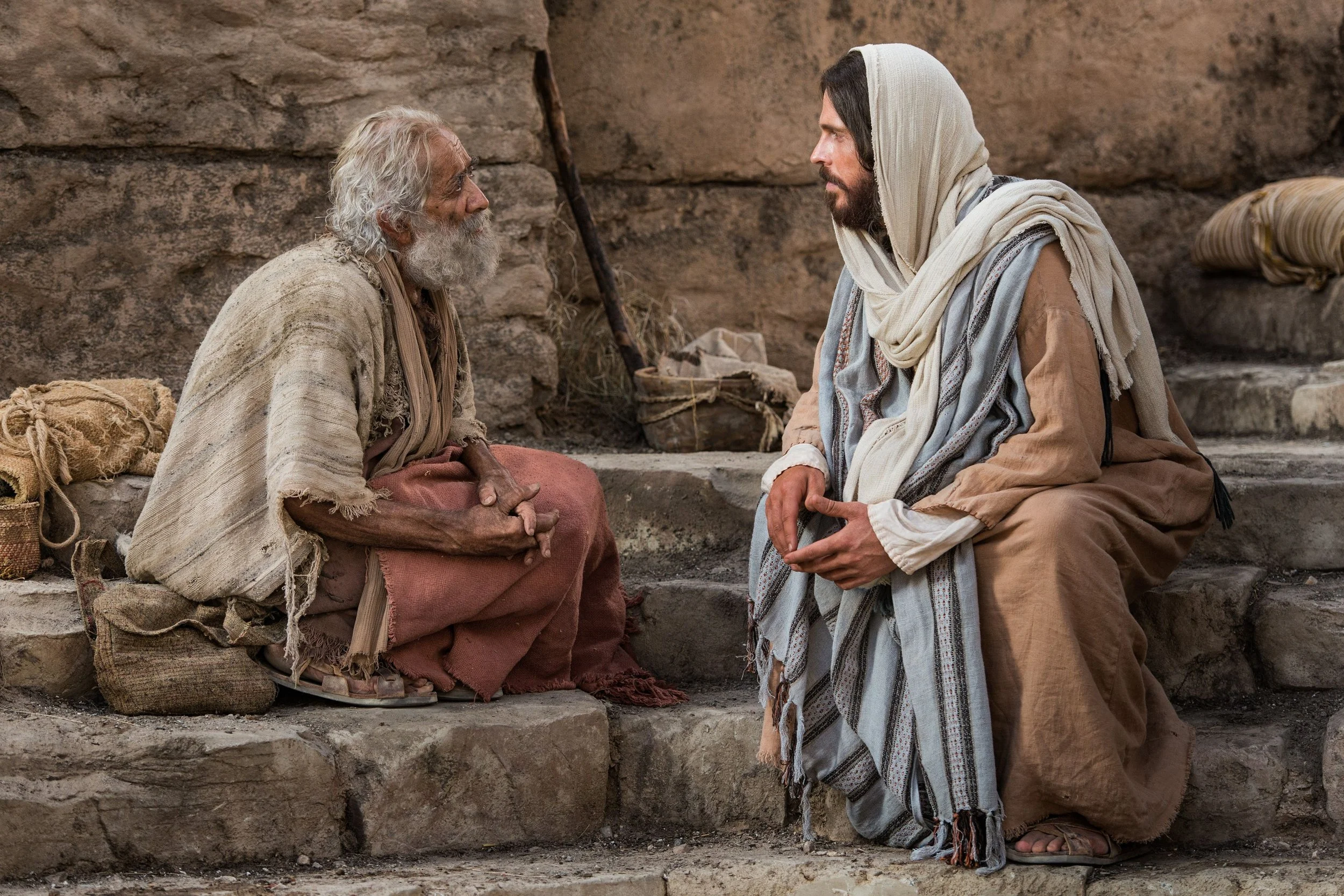There is a moment that’s quiet and sacred—when you realize that God is giving you back what you lost. Only this time, it’s deeper. Stronger. Wiser. This is restoration.
All tagged Scripture
The Twelve Minor Prophets for Today’s Church (Part 5): Imagining the Future
The Twelve Minor Prophets remind us that today’s hot trends sometimes become tomorrow’s embarrassing discards, while seemingly obscure or insignificant things can assume great importance in the future.
The Twelve Minor Prophets for Today’s Church (Part 4): Narrating the Past
The main lesson of the past is not to overvalue the past. Distinguish between right and wrong, good and evil, mercy and cruelty, hope and despair. Without that ability to see clearly the stakes and the stakeholders of the moment, we all perish. With it, we live.
Narrative Structure and Purpose in the Book of Acts
Throughout the narrative, the author pauses the plot to report on the progress and growth of the church, which becomes a proclamation of victory for the gospel of Christ. Despite the persecutions, false accusations and abuses suffered, the Christian movement was unstoppable.
The Twelve Minor Prophets and Today’s Church (Part 3): The Prophets as Models
Zechariah is probably not commenting on the literal immortality of one group of people or extinction of others. He means instead that the prophetic word and therefore the witness of the prophets’ lives continues to exert a powerful influence. They spoke in ways that others must reckon with.
Always Being Ready
You cannot lead people somewhere you are not. If Jesus does not have your heart, it will be difficult to share a hope that may not be a reality in your life.
The Twelve Minor Prophets and Today’s Church (Part 1)
Why should we listen to these prophets? We could start with the obvious: these texts were part of the Bible of Jesus and the apostles. Who would we be to reject the words our Lord took to heart?
The Parable of Love for One’s Neighbor, Luke 10:30-37
For Jesus, the concept of neighbor transcends ethnic, social, religious and economic differences. His teaching is a challenge to each of us because we are reluctant to help others, especially when they are not connected in any way to us.
A Heart for the Poor
Christ approached her and gently put his arm around her, and said, “My daughter, I do not want you to be deceived, so I must tell you that you did not pass this test. Satan has overcome you and you did not know it. And I have now come to tell you to repent. For it is not the poor that you love, but yourself.”
Turn Your Bible into Prayer
Here is an invitation whose ambiguity begets a kind of clarity. What does it mean to turn my Bible into prayer? I’m not quite sure, to be honest. And yet, it seems that saying it exactly that way reveals something about the nature both of the Bible and of prayer.
Let Us Not Give Up Praying
Is God really hearing? Is he aware of our pain? Does he care? Yes, he does. He hears and is aware and cares. He will respond. He will do justice. He will do justice for us, and quickly. Let us “always pray and not give up.”
Justified by What? Luke 18:9-14
This is the lesson we must learn. The gospel is good news for those who recognize themselves as sinners, not for those who trust in their own righteousness.
Gifted
God didn’t just decide the color of my eyes or my hair or how tall I would be. He decided if I would be an introvert or an extrovert, if I would see the world through my thoughts or my feelings, if I would be funny or unusually perceptive. He chose my natural gifts and the gifts that would be developed with practice.
Fear is Just the Beginning
What is the problem with the wicked? Well, they have no fear of God! The lack of fear for God is reflected in a concomitant lack of restraint. Fear, at its best, can teach us how to control ourselves.
Humility over Pride
We should recall who God is and what He has done for us, remembering that our blessings are a result of His righteousness and not our own. Instead of puffing ourselves up pridefully and patting ourselves on the back for our good fortune in life as a result of being so honorable, we ought to stop comparing ourselves to others.
Speaking Truth to Power
In ministry, there are times when we have to speak truth to power. We see amazing examples of this throughout Scripture: Nathan confronting David on his sin with a story, the three telling Nebuchadnezzar they wouldn’t bow down, Jesus conversing with Pilate…. But we must do so knowing that we don’t always know what the outcome will be.
To Give Everything Up or Not, Matthew 13:44-46
Not that the kingdom of heaven is something we can literally buy, but its reception involves a renunciation, a personal sacrifice that not everyone is willing to make. So, are we willing to give everything up for the kingdom or not? That is the question.
“Connecting People”: Nokia or Spiritual Gifts?
Anna R. Morgan has written Growing Women in Ministry: Seven Aspects of Leadership Development, differentiating what women need from that which men typically receive in terms of support in actualizing their spiritual gifts.
The LORD as a Warrior… But Maybe Not in the Battles We Pick
I think we must also come to grips with two polarizing truths: God is a warrior, but one who fights on behalf of true justice, righteousness, and shalom, which often stands in sharp contradiction to what we call by the same name.
Getting Well
When you are sick, you have an excuse. When you are not well, people tend to make exceptions for you. When you are hurt, you aren’t held to the same standards as you normally would be.





















